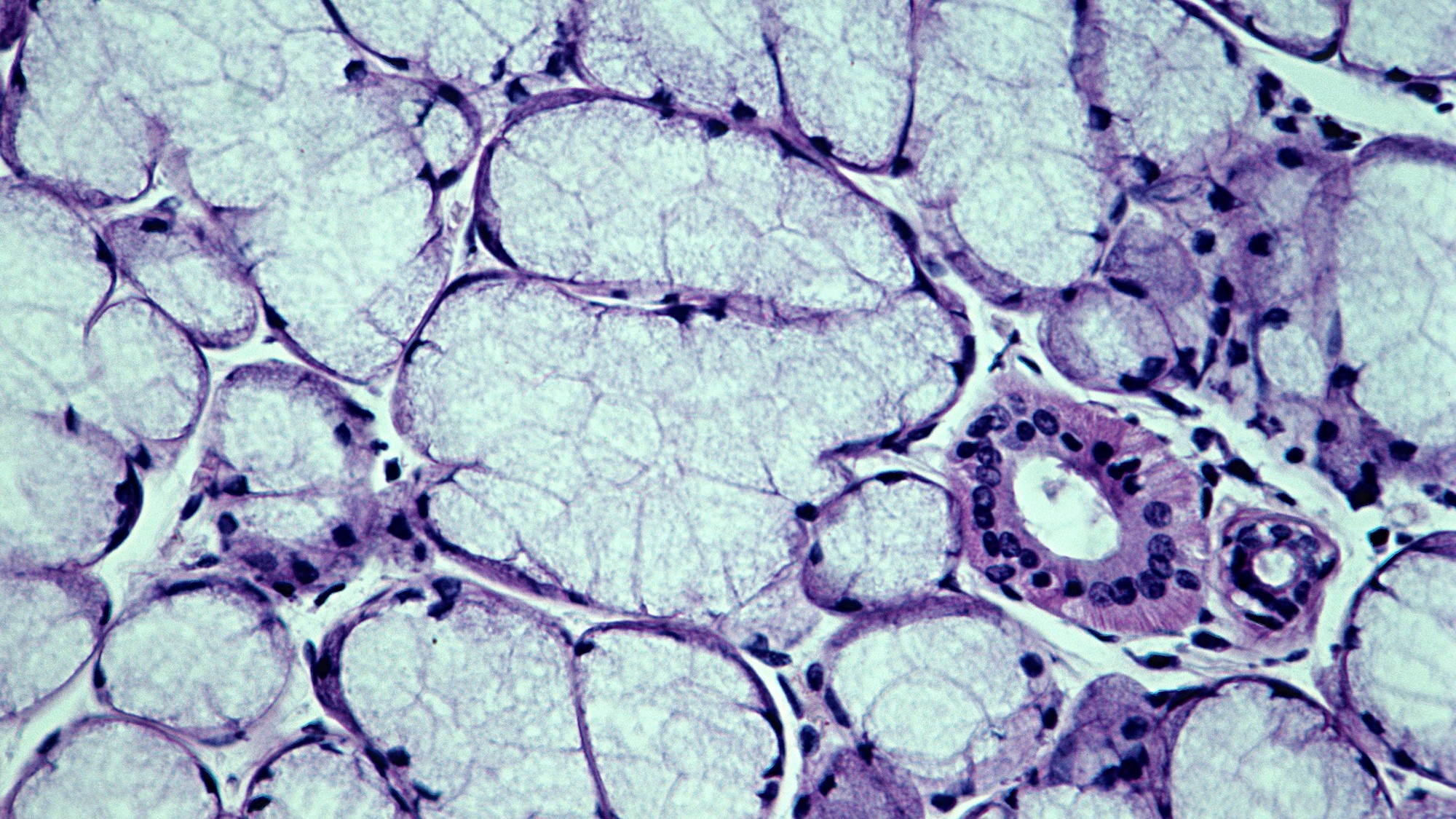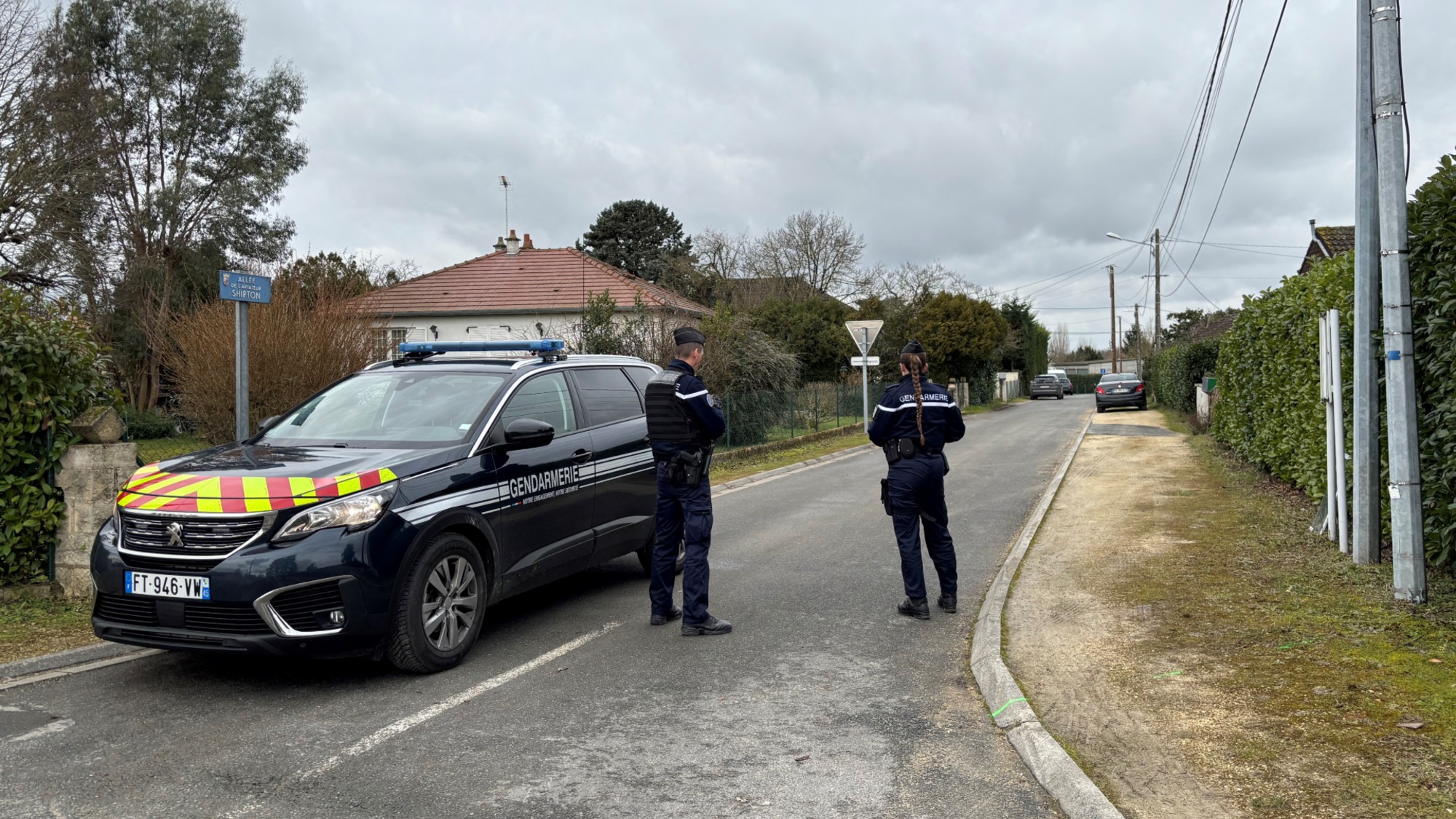A newly created gasoline giant in the Americas could change the industry landscape
Sunoco and Parkland are two of the biggest fuel suppliers in the US and Canada, respectively


Two of the largest players in gasoline distribution are looking to form a marriage, and it could create a ripple effect when consumers head to the pump. Sunoco, which is based in the U.S., has announced its intention to purchase the Canadian company Parkland in a multi-billion-dollar deal that would create a dominating force in the North American petroleum industry. But the deal for the U.S. company to acquire its Canadian rival also hinges on regulatory and government approval that could be made harder by the current political rift between the U.S. and Canada.
Why is this deal being made?
The $9.1 billion deal represents a "definitive agreement whereby Sunoco will acquire all outstanding shares of Parkland in a cash and equity transaction," said Sunoco in a press release. It would create "significant financial benefits for shareholders and would position the combined company as the largest independent fuel distributor in the Americas," said Michael Jennings, the executive chairman of Parkland, in a statement.
The deal was largely made as a lifeline for Parkland. The company is in the "midst of a leadership upheaval and a fight with its largest shareholder," said Bloomberg. It "marks a dramatic pivot for Parkland, which launched a formal strategic review in March after facing escalating pressure." Parkland's largest shareholder, Simpson, has accused the company of "repeatedly missing financial guidance, pursuing flawed acquisitions and overseeing rising costs," causing it to look for a different path.
Subscribe to The Week
Escape your echo chamber. Get the facts behind the news, plus analysis from multiple perspectives.

Sign up for The Week's Free Newsletters
From our morning news briefing to a weekly Good News Newsletter, get the best of The Week delivered directly to your inbox.
From our morning news briefing to a weekly Good News Newsletter, get the best of The Week delivered directly to your inbox.
What does this mean for consumers?
Together, the combined companies appear poised to dominate the gas station market. Sunoco has 7,400 gas stations across the U.S., including its own branded stations and partner brands like ExxonMobil and Shell. Parkland has 4,000 gas stations in Canada, the U.S. and the Caribbean, using partner brands like Chevron. This means the deal "creates a network of more than 11,000 fueling stations," said Fortune.
The combined company will "distribute more than 15 billion gallons of fuel annually," said CNBC, making it difficult to fill up at a pump that isn't owned by them. If it closes, the deal will "deliver over $250 million in annual cost savings by the third year," according to Reuters, which could affect prices inside the convenience stores of gas stations.
It's an open question whether actual gas prices would be affected, as Canada is the "biggest foreign supplier to the U.S., accounting for about 60% of its oil imports," said the Financial Times. These types of deals have become "increasingly important to aging U.S. oil refineries, which were built to handle heavier grades of crude."
There is also the geopolitical aspect of the deal, given the current relationship between the U.S. and Canada. While the transaction is expected to be finalized, it will "require approval from the federal government at a time when relations between the U.S. and Canada are in a deep freeze due to President Donald Trump's imposition of tariffs," said The Globe and Mail. Canada's Liberal Party, which recently won reelection largely thanks to Canadians' souring toward Trump, has "pledged to heighten reviews of deals deemed predatory, due to any decline in value of the Canadian target because of U.S. trade practices."
Sign up for Today's Best Articles in your inbox
A free daily email with the biggest news stories of the day – and the best features from TheWeek.com
Justin Klawans has worked as a staff writer at The Week since 2022. He began his career covering local news before joining Newsweek as a breaking news reporter, where he wrote about politics, national and global affairs, business, crime, sports, film, television and other news. Justin has also freelanced for outlets including Collider and United Press International.
-
 The marvelous powers of mucus
The marvelous powers of mucusThe Explainer It's snot just a pesky cold symptom
-
 What to know about the 'no tax on tips' policy
What to know about the 'no tax on tips' policyThe Explainer The new bill would make tip income exempt from federal income taxes
-
 Dehorning rhinos sharply cuts poaching, study finds
Dehorning rhinos sharply cuts poaching, study findsSpeed Read The painless procedure may be an effective way to reduce the widespread poaching of rhinoceroses
-
 'Wrench attacks' are targeting wealthy crypto moguls
'Wrench attacks' are targeting wealthy crypto mogulsThe Explainer The attacks are named for physical coercion that can be used to gain crypto passwords
-
 Trump is trying to jump-start US manufacturing. Is it worth it?
Trump is trying to jump-start US manufacturing. Is it worth it?Today's Big Question The jobs are good. The workers may not be there.
-
 Grocery stores under fire for overcharging during cost-of-living crisis
Grocery stores under fire for overcharging during cost-of-living crisisThe Explainer A recent investigation has put the spotlight on Kroger, but it is not the only chain being pinpointed
-
 Starbucks baristas strike over dress code
Starbucks baristas strike over dress codespeed read The new uniform 'puts the burden on baristas' to buy new clothes, said a Starbucks Workers United union delegate
-
 The end of WeightWatchers?
The end of WeightWatchers?Talking Point The diet brand has filed for bankruptcy in the US as it struggles to survive in era of weight-loss jabs
-
 Exurbs: America's biggest housing trend you haven't heard of
Exurbs: America's biggest housing trend you haven't heard ofUnder the Radar Northeastern exurbs were the nation's biggest housing markets in 2024
-
 Visa wants to let AI make credit card purchases for you
Visa wants to let AI make credit card purchases for youThe Explainer The program will allow you to set a budget and let AI learn from your shopping preferences
-
 What will be Warren Buffett's legacy?
What will be Warren Buffett's legacy?Talking Points Observers call him 'the greatest investor of all time.'